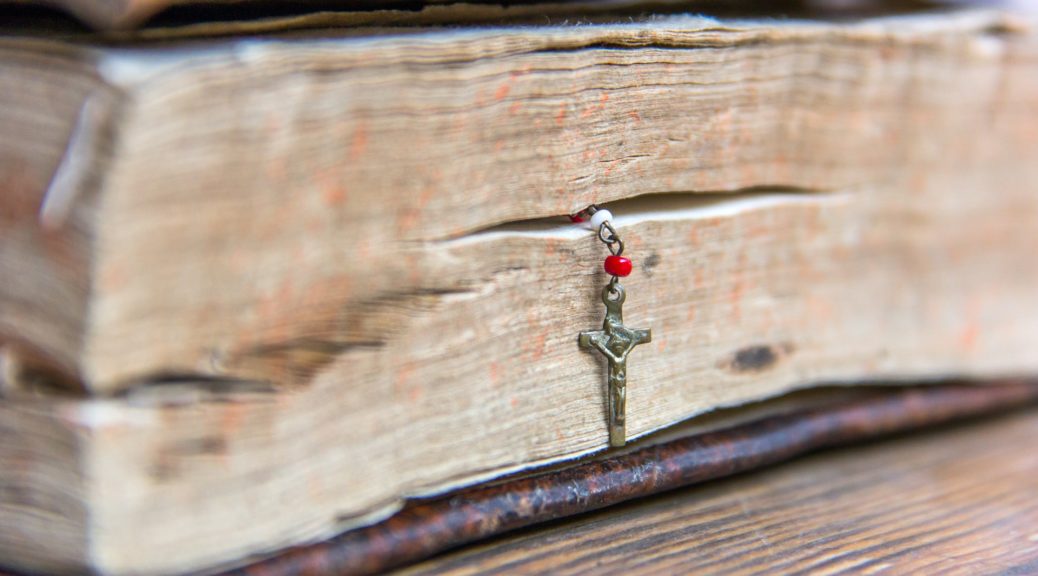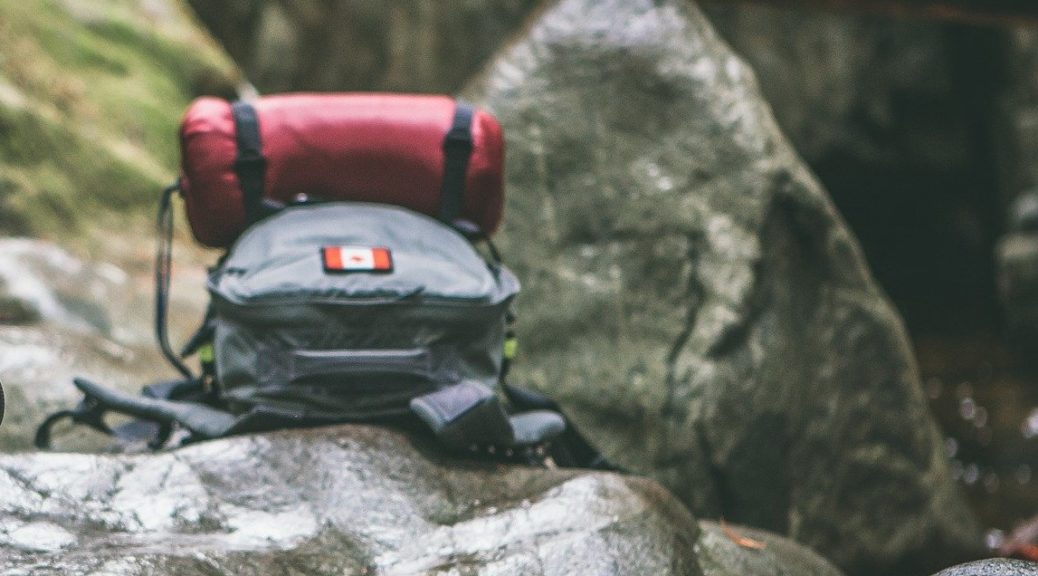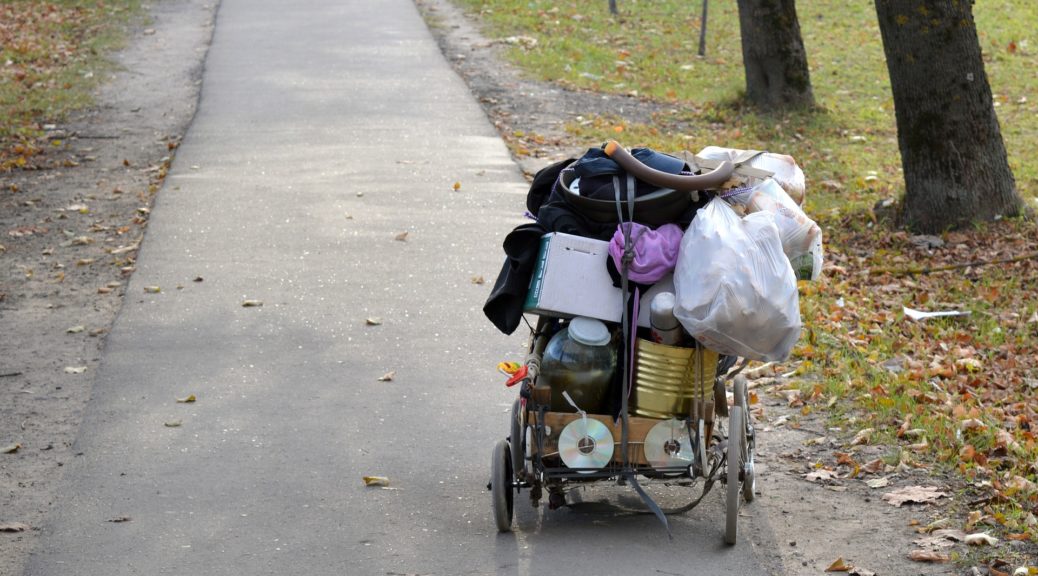I.
My block housed only 18 to 24-year-olds.
For my one hour of recreation on my first
day there, weighted with full-restraints (hand-
cuffs, ankle-shackles, waist-chains connect-
ing them) I clank-paced the tier. Each
cell door had an eight-inch square of
window, some framing faces that peered
at me. Marko, a feral-looking latino who
had come from home to hole as a pretrial
detainee, flagged me as I passed. He was
breathless with excitement and blinking
rapidly as he testified: “God speaks to me.”
He’d tried but failed to pluck out
his eyes,
so, to receive divine enlightenment,
he instead had committed to hand-
copying the Bible’s one thousand
three hundred and eighty-nine
chapters, every jot and tittle
using crayon-sized floppy-
rubber pens that were
approved (suicide-proof)
for segregated inmates.
He’d been at it two
years, during which
his hair and beard
grew like Jesus’.
His eyes widened,
crackling with
supernatural
energy as he
showed me a
waist-high
tower of
babbling
pages.
II.
Skyler, freckled and well-muscled
from toting hay bales, had never
traveled past city limits until he
got arrested. An accent is not an
accent in one’s hometown – it’s
invisible – but Skyler’s tobacco
bent even further into ‘baccer.
At first. Six months in, we were
friends. I called his name from
behind my door, since it’d been
several days since we’d spoken.
I pressed my ear to my door’s
steel crack to catch his answer.
That’s not my name. My name
is Fahbo (Fabulous, in short)
from New York. I’m an ahtist.
I could feel his tongue wrang-
ling his identity, twisting
it’s straight but tilted
spine into a kind of
personal scoliosis,
figuring nobody
would care to
remove his
corselet.
He was
right.
III.
This one guy loved the hole. He’s been in
and out of many holes since age fifteen.
This manimal fancied himself a hunter.
He’d cover his cell’s light fixture, and his
rear-wall’s strip of window; so, to see in,
an officer was forced to shade her eyes
from the tier’s glare while leaning
face against the eight-inch
door window. They’d hear a faint
but steady friction: ch-ch-ch-ch-ch-
and suddenly a milky roar would
splat into the Plexiglas at mouth-
level,
followed by a weaponized penis
thudding and rubbing it in. The
guard would scream a variation of, “Oh,
you nasty muthafucka! Get your sick
ass down from there!” He’d built
a ‘deer stand’ he bragged, by
stacking books on either side
of his door so he could
get a clear head shot.
He seemed shocked
when I admitted
I didn’t do it
too, as if I
were some
strange
beast.
IV.
Evidently, prison administrators
have figured out how to remove
evolution’s rev-limiter
and take off
its restrictor plate.
Its transformative
mutations now take
place in as little as six months using
Therapeutic Seclusion – also known
as THE HOLE, in prison lingo. No
one who passes through ever leaves
the same person if he entered a year
ago. The hole is a tool designed to break
man down to his quintessence. It hyper-
bolizes by creating a parody of one’s character.
I’ve seen it strip away the masks and games of faith –
no time for masquerades when insanity is
gaining – forcing a sort of apotheosis. I
have watched it petrify pretense
into cement, making men fake
forever. I’ve even witnessed
it dissolve humanity in
atavistic acid: acting
like an animal now
comes naturally
to him.
ABOUT THE AUTHOR. George Wilkerson lives on Death Row. He is a talented writer, always keeping us on our toes, and an occasional contributor to WITS. Mr. Wilkerson is a co-author of Crimson Letters, an eye-opening book released in 2020, sharing the voices of those living on North Carolina’s Death Row.
Mr. Wilkerson can be contacted at:
George T. Wilkerson #0900281
4285 Mail Service Center
Raleigh, NC 27699-4285
![]()




